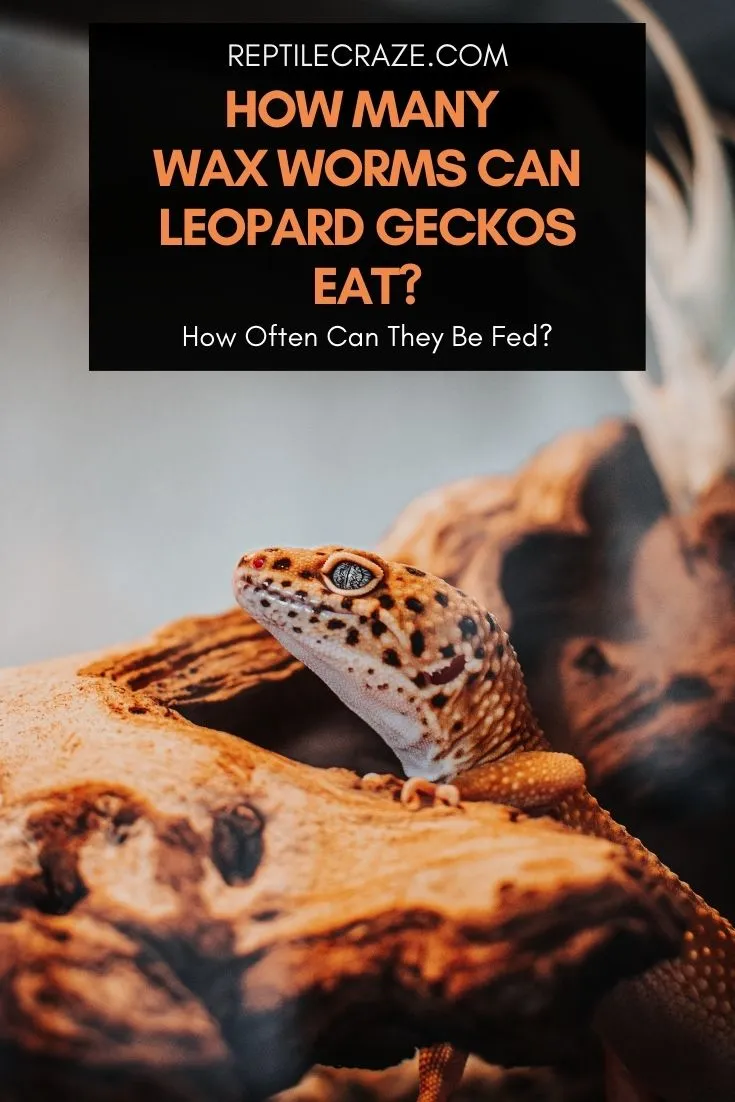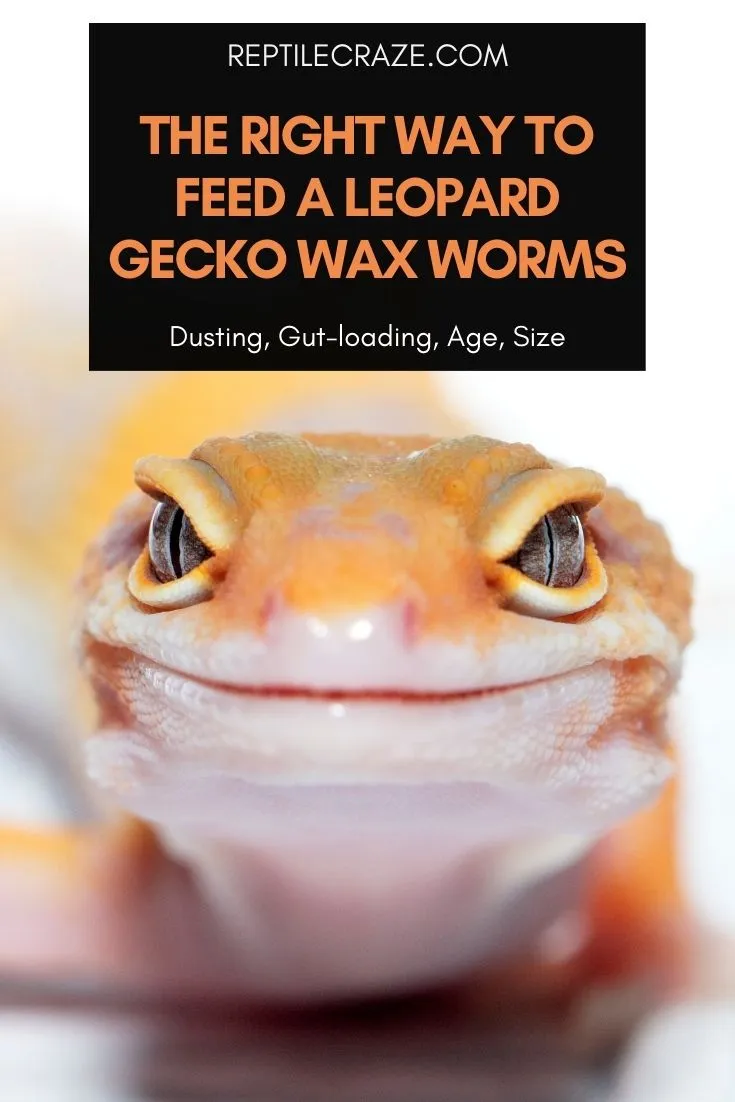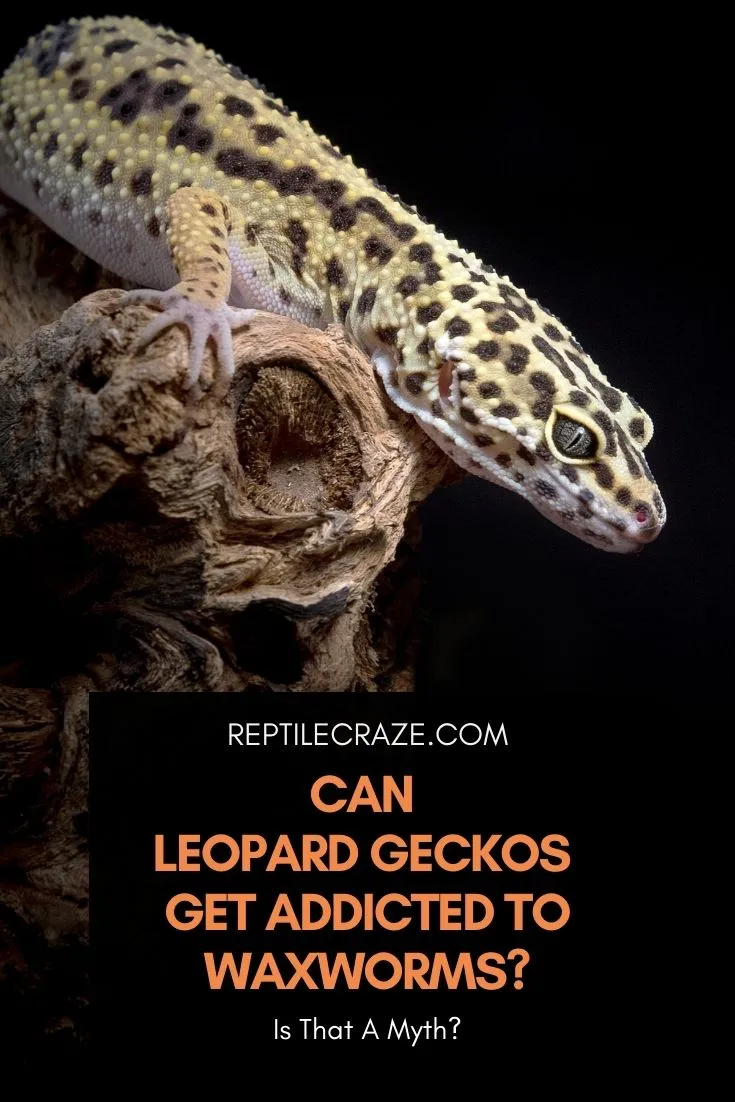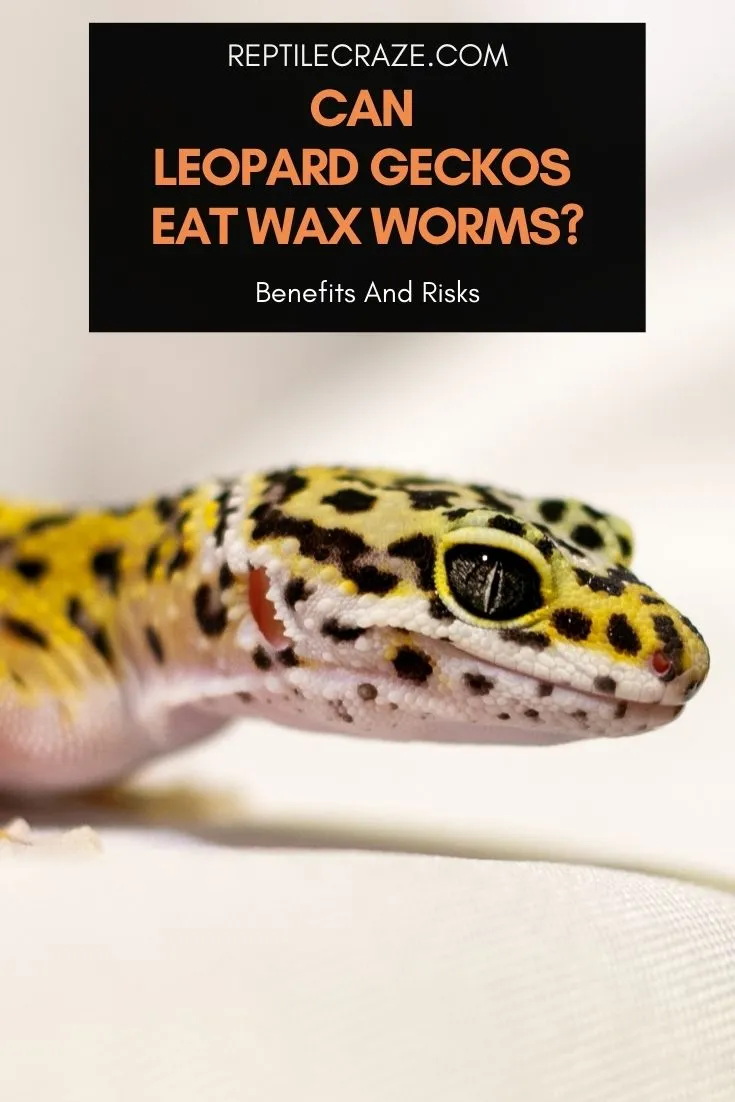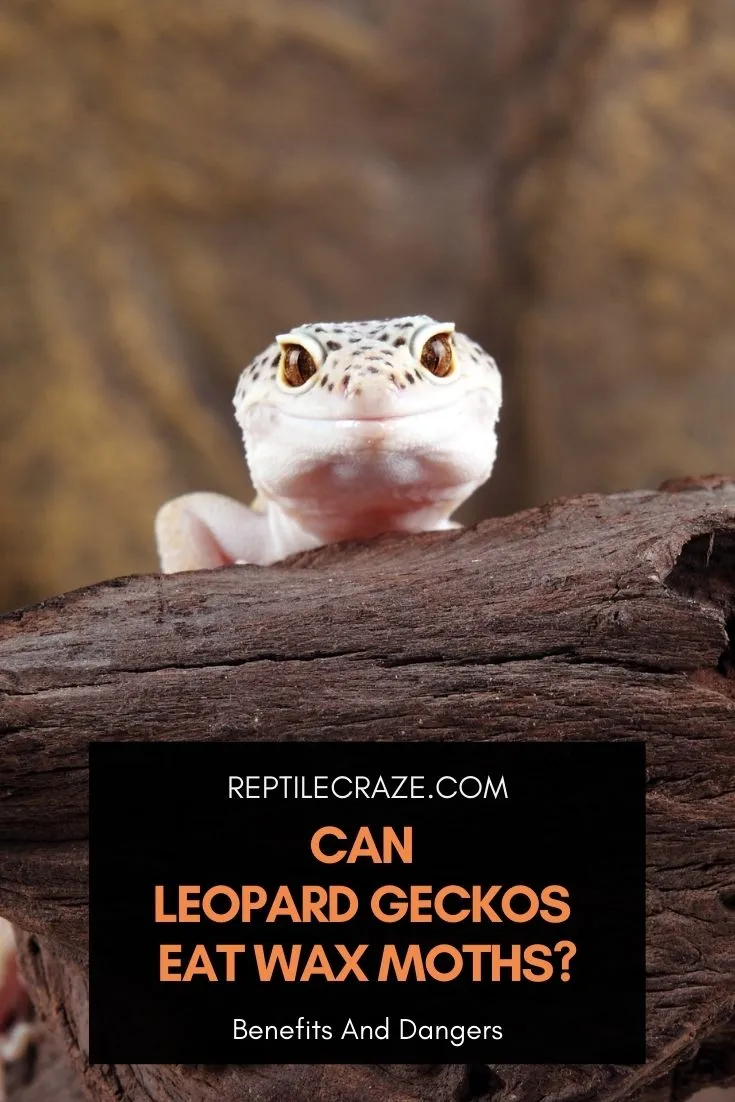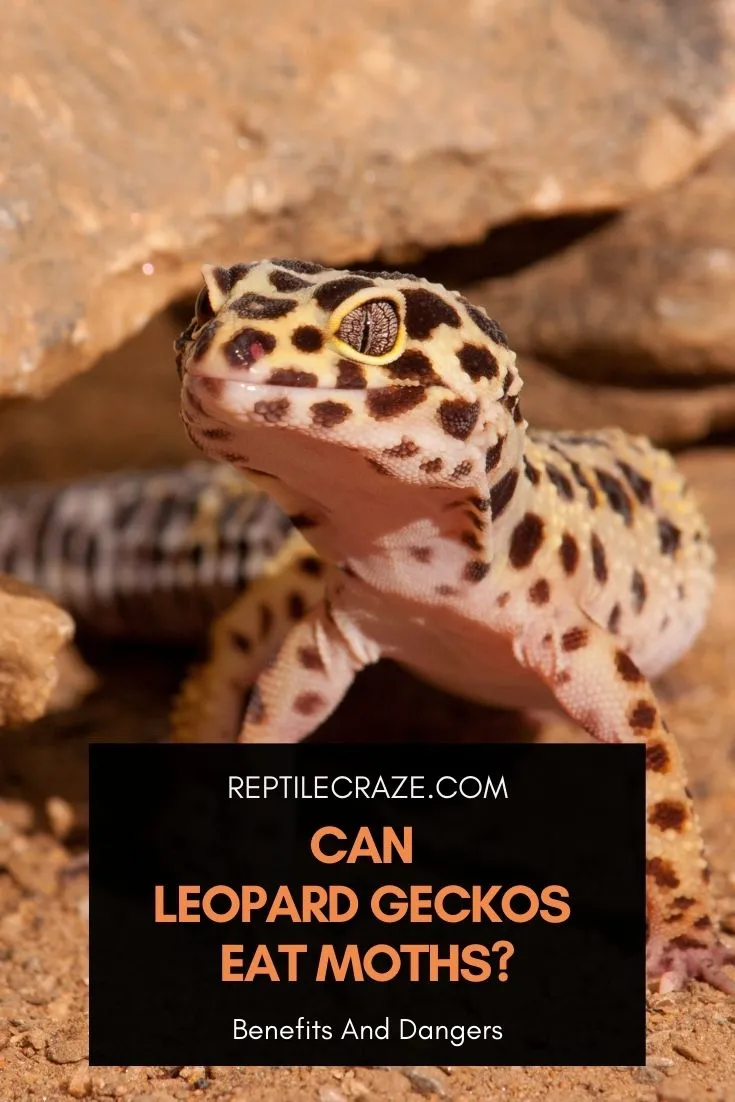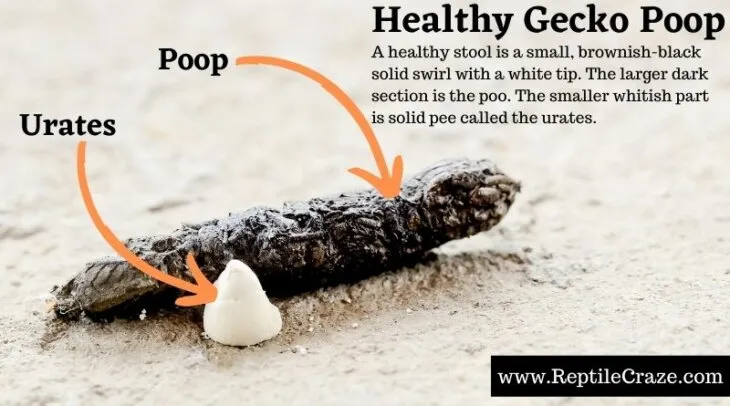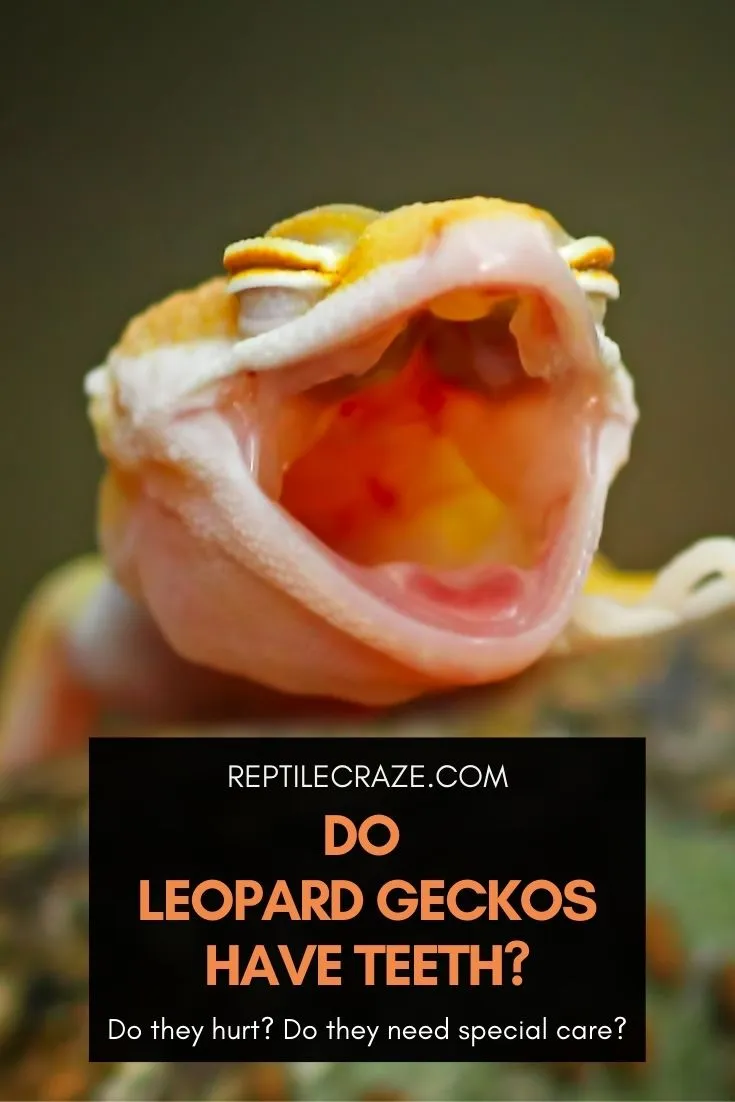Leopard Geckos (Eublepharis macularius) don’t simply like wax worms (Galleria mellonella). Leopard Geckos love wax worms. As owners, it can be hard not to treat them with wax worms every day, as it makes them so happy. But, this is not a good idea. So, how many wax worms should Leopard Geckos eat? Since wax …
Pierre And The ReptileCraze Team
Leopard Gecko owners like myself love treating their pets to the occasional wax worm (Galleria mellonella). But what is the right way to feed wax worms to Leopard Geckos? Leopard Geckos should be fed wax worms that are smaller than the space between their eyes. The wax worms should be plump, pale, and wriggling. Either …
Leopard Geckos (Eublepharis macularius) love to eat wax worms (Galleria mellonella). Unfortunately for them, wax worms are not recommended as part of their staple diet. But, is it possible that your Leopard Gecko will refuse to eat anything but wax worms? While leopard geckos can’t develop a neuropsychiatric addiction, they can develop a food addiction …
Wax worms (Galleria mellonella) are popularly sold as feeder insects for Leopard Geckos (Eublepharis macularius). But, are they good for your pet? Should you feed wax worms to your Leopard Gecko? Leopard Geckos can eat wax worms. Wax worms are not toxic to Leopard Geckos but they have a poor nutritional profile and can contribute …
Leopard Geckos (Eublepharis macularius) love to eat wax worms (Galleria mellonella). But is it still safe to feed your Leopard Gecko these insects once they transform into a wax moth? It is safe to feed adult wax moths (Galleria mellonella) to Leopard Geckos. They are not toxic and cannot bite or injure a Leopard Gecko. …
As Leopard Gecko (Eublepharis macularius) owners, it is our responsibility to give our pets a suitably nutritious, insectivorous diet. We also need to keep our pets mentally and physically stimulated. Could hunting moths give them exercise, a mental challenge, and a good meal, all at the same time? Let’s find out whether Leopard Geckos can …
A bare tank with only light, bowls, and hides is an awful way to keep a blue tongue skink. Your blue tongue skink will definitely get bored and may even start acting out because of its frustration. There are, however, a variety of plants your bluey can eat and that can be used to add …
All living creatures defecate, and your leopard gecko is no exception. But not all feces is equal, and the lessons you can learn from your lizard’s poop may surprise you. A leopard gecko’s poop is a good indicator of its overall condition. The bottom half of a healthy stool is typically solid, dark brown to black, …
Leopard geckos are born with what looks like a toothless smile. But surely, they must have denticles of some kind so that they can devour food, right. So, do Leopard geckos have teeth or not? And if yes, why can’t you see them, and how many are there? Hatchling leopard geckos leave the egg armed …
Watching a chameleon eat is one of the most fascinating things about having this reptile as a pet. If your chameleon is refusing to eat, you may be worrying about what might be wrong. Sometimes a chameleon who is refusing to eat is perfectly healthy. Other times, a chameleon that isn’t eating is suffering from …

